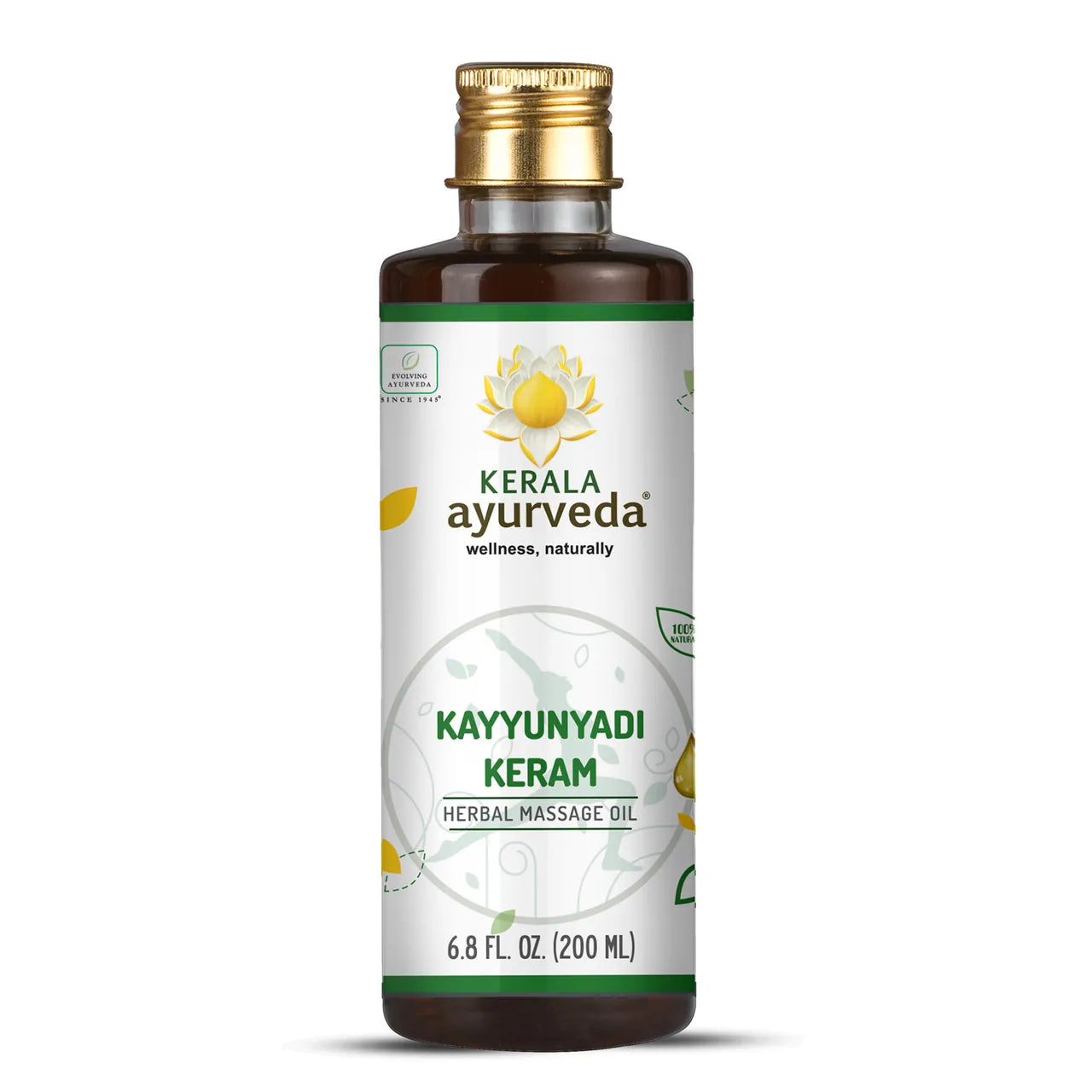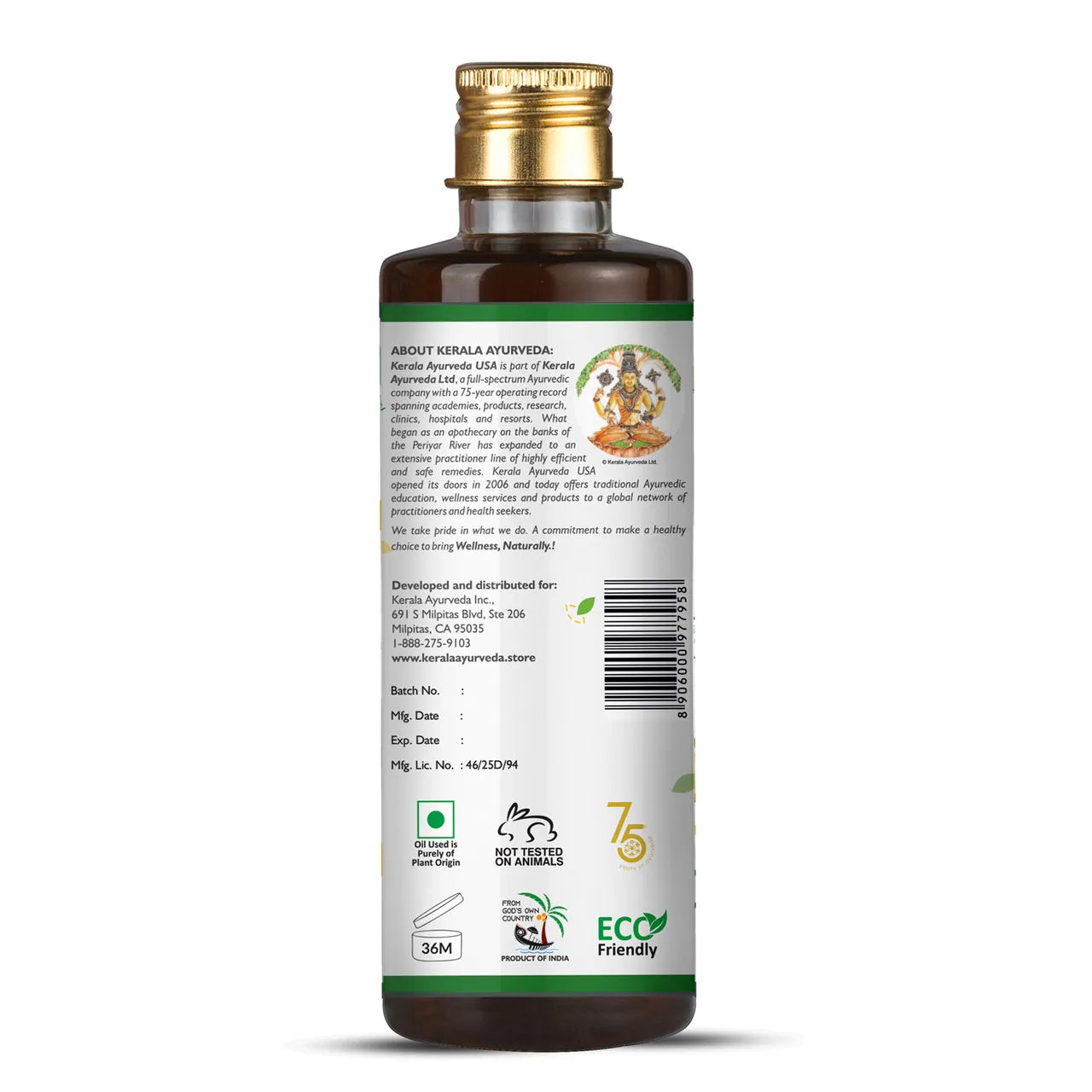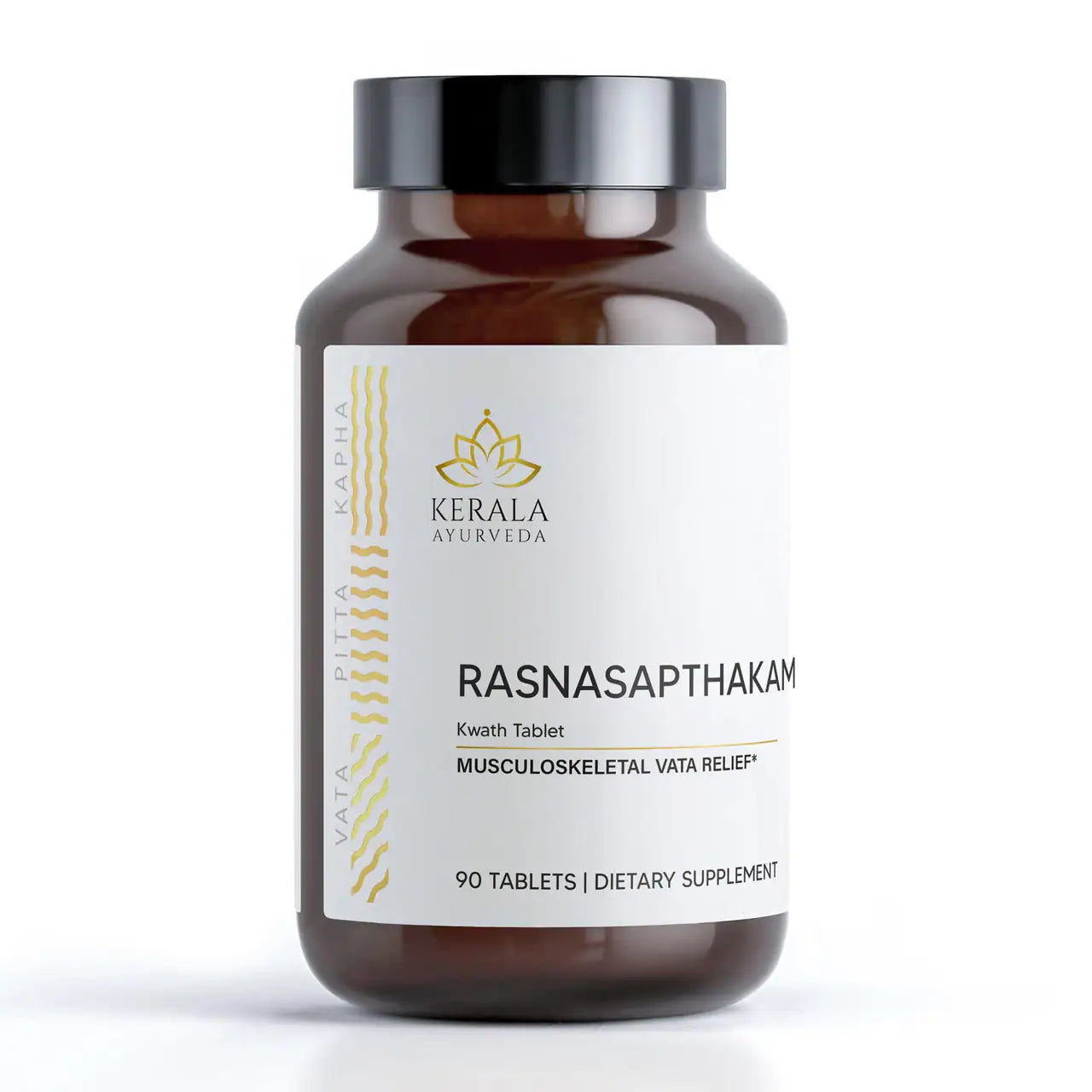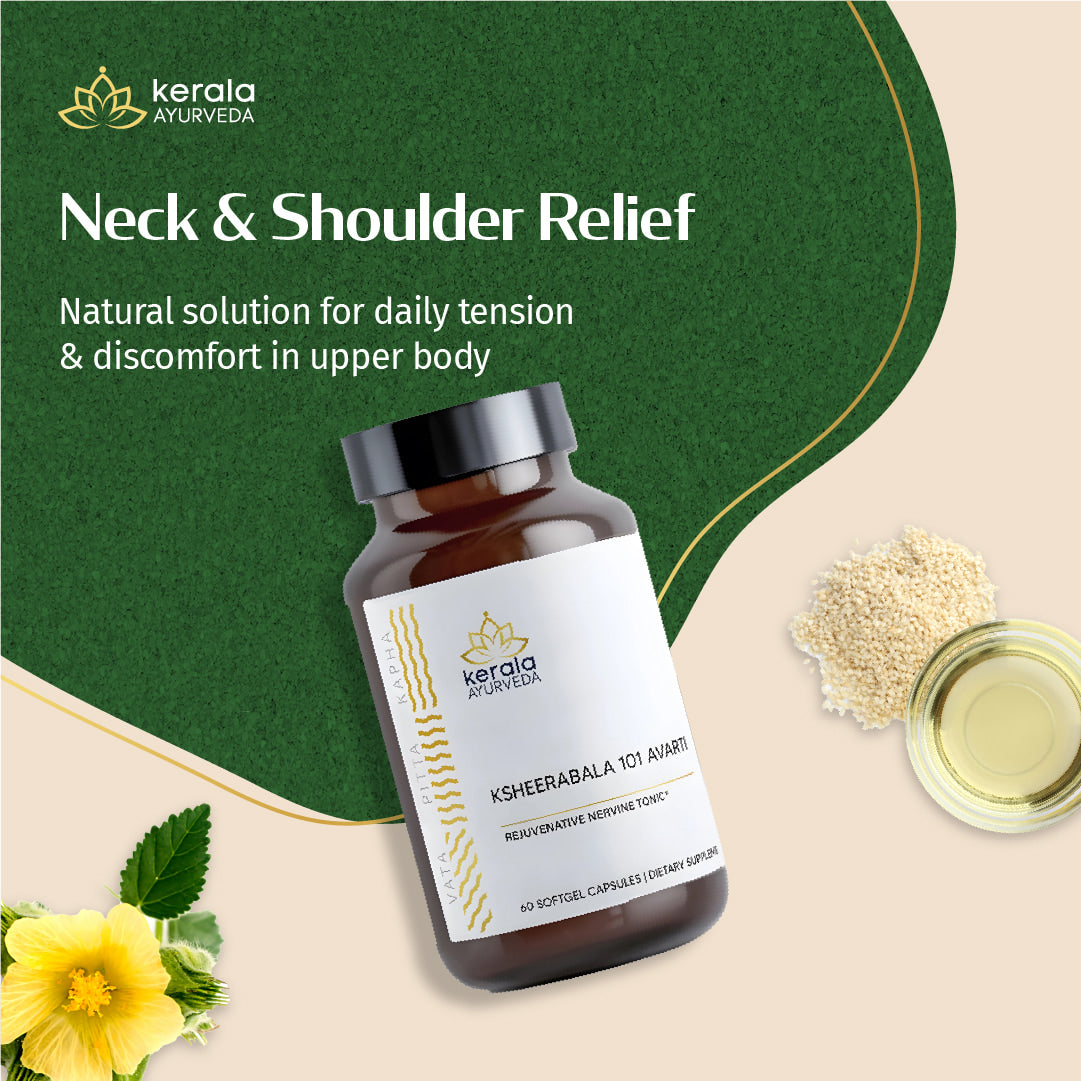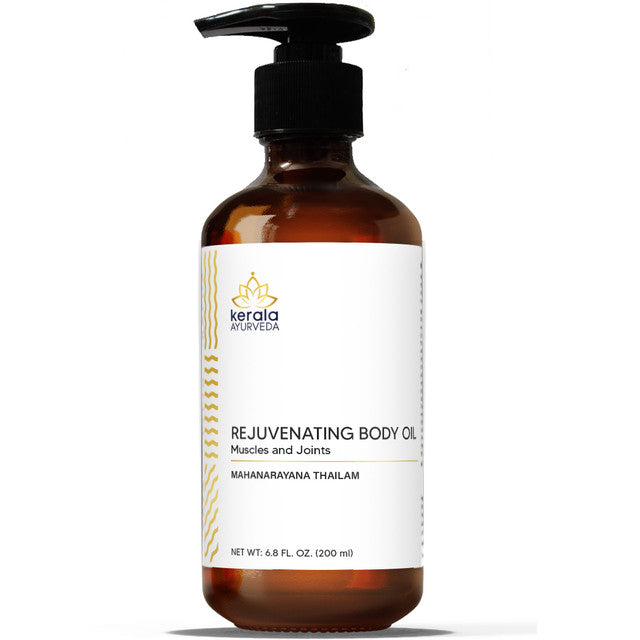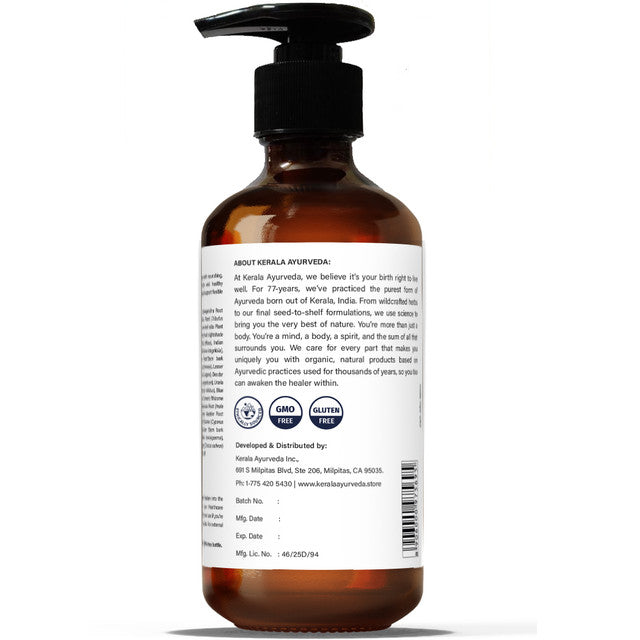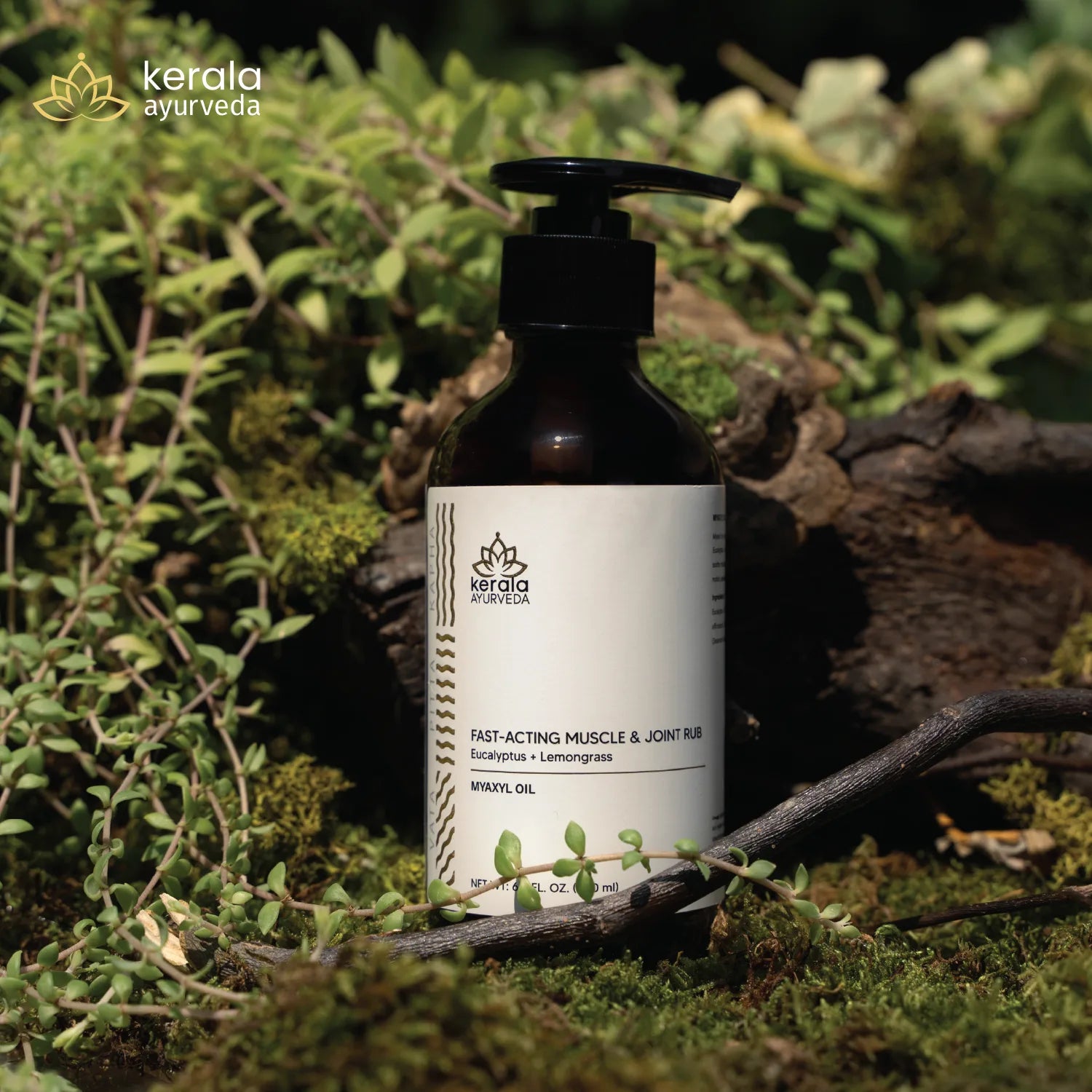Highlights
The philosophy of Ayurveda teaches that health and vitality can be achieved through balancing one’s energetic constitution, also called Prakriti, which comprises the three doshas, or universal life forces: Vata, Pitta, and Kapha.
According to Ayurveda, each dosha is derived from the five elements of nature. Vata is composed of air and space, Kapha from earth and water, and finally, Pitta is made up of fire and water.
Every individual is born with a unique balance of all three doshas within their body, which are influenced not just by external factors like the change of seasons – but by internal effects of food, herbs, and lifestyle routines.
The doshas influence an individual’s mind, body, and consciousness. When the doshas are balanced, the Self is in equilibrium, which allows health and vitality to flow through the individual. A balanced person is believed to be energetic, full of life, fertile, and free from ailments.
Balancing Mind, Body, and Consciouness
Balance, however, is a goal that is always shifting with external and internal influences, so each dosha is in a constant ebb and flow we must strive to balance. One of the main goals of Ayurveda is also to correct imbalances that may arise.

Oldest Preventative Care Philosophy
Ayurveda is not just for short-term solutions like many philosophies of healthcare systems today. Rather than treating symptoms alone, Ayurveda is a philosophy that emphasizes prevention and balance for long-term, sustainable health solutions.
Recommended Ayurvedic treatments and protocols include lifestyle or activity changes, dietary shifts, and mental care, in addition to traditional medicines and supplements.
With a healthier lifestyle, you will enjoy more vitality and a stronger drive to achieve your goals. By just seeking short-term solutions, that vitality never returns as fully as it does when you seek long-term health.
Instead, there is a constant need to regain health after periods of illness or depletion, rather than allowing vitality to constantly flow through you.
Ancient Vedic texts passed down through millennia allow us to stay true to one of the oldest preventative philosophies in the world. These texts outline principles for good health in how we live our lives, as well as how we should treat illness and sustainably source medicines.
Holistic Care Facilitates Whole-Body Health
Holistic care considers your whole life when giving advice and health regimens. It incorporates prevention in its wisdom and covers the whole Self: mind, body, and consciousness.
Every aspect of your health and well-being is influenced by your life’s many influences, from what you put into your body to personal relationships, how long you sleep, or how often you exercise.
As a radical concept in the modern world, holistic health has attracted a lot of naysayers; still, it has withstood the test of time for many methods of treatment.
It is important to recognize that holistic care is a separate concept from the different philosophies of care; rather, holistic care denotes the prevailing wisdom that health can be achieved by empowering people to make simple changes to their life and take control of their health.
Ayurveda is a holistic care philosophy that focuses on prevention and considers physical, psychological, emotional, and spiritual health as part of the same whole.
No matter your beliefs, background, or lifestyle, Ayurveda is built around determining where your individual balance lies and how health can be achieved through balance. Not only does this support recovery from different disorders, but it facilitates health and longevity.
What is ‘Sick Care’?
In today’s world, many individuals only seek healing when they are sick. When you are healthy, ailments or imbalance is the furthest thing from your mind. There is little advice or insight about how to prevent sickness in the first place. Sick care emphasizes this, telling you that you only need to regain health, rather than prevent sickness.
When you are sick it becomes impossible to live life to its fullest. Depending on how sick you are, it can be difficult to do or think about anything else.
Suddenly, nothing matters more than your health, and you may be highly motivated to return to a state of health. Sick care will become the focus of your goals, which prioritizes seeking solutions only once you become sick.
As soon as you recover to a state of health, however, the motivation for health diminishes like a fading dream. The ‘goal’ of health has been achieved, or so says the industry of sick care.
It feels like there is no reason to strive for something you have, rather than understanding that your health is a state that must be maintained and kept in balance.
Restoring Vitality Before Sickness
Why seek health before you become sick?
In the modern world, there is no reason to seek healing unless you are sick because today’s doctors often focus not on prevention, but on a diagnosis.
This means that when you seek care, you are already sick and seeking a solution, rather than attempting to prevent illness in the first place.
With Ayurveda, you begin to understand that our health is constantly in flux, and with each changing season or new life circumstance, your energetic balance may be different.
Seeking preventative care (rather than sick care) allows you to better understand your body in health just as much as you do in sickness. This way, you are sick less often, but when you are healthy, your vitality is restored, and you are healthier overall.
Seeking vitality before sickness is on the horizon also allows you to live a more fulfilled and revitalized lifestyle. In this place of balance and fulfillment, life can be lived to its fullest potential.
Related Blog: Ayurveda: A Sustainable Tradition Of Holistic Wellness
The Real Cost of Sick Care
What is often called healthcare in the modern world is actually sick care; doctors take care of you only when you are sick and do not provide you with meaningful insight or advice to treat the root cause of the illness. In sick care, you are provided with an easy solution to cover up the symptoms of illness, rather than a long-term solution.
Sick care is expensive, costing both the individual and the environment. This type of care takes place in a medical facility, where the individual is removed from their environment and healing is slowed. Not only is this type of care financially expensive, but it is tiring for the body and harmful to the environment.
The Ayurvedic philosophy teaches us how to live with prevention in mind, creating a holistic system of health that enables us to live sustainably, nurturing the ecosystem so that it nurtures us with purity and strength. Ayurveda also teaches us how to live a balanced lifestyle that helps limit us from having to seek sick care in the first place.
The Ayurvedic Philosophy of Holistic Care
Health is not one-size-fits-all. Advice and insight must be tailored to the individual. A holistic, preventative approach to your health does not consider just your symptoms, but also your overall health and life. By gaining insight into who you are, Ayurvedic doctors – called Vaidyas can suggest individual protocols for whole-body health.
‘Remedies’ in holistic care may not always be pills, supplements, or herbals, but may also include activities and recommendations for your overall well-being. Massage, gentle exercise, dietary changes, meditation, and community all play a role in your health and well-being. A holistic approach to your care will look at every aspect of your life to determine ways you can improve your health and overcome sickness, regaining vitality in the long term.
Holistic care goes much deeper than sick care; it treats your body with preventative medicine that supports longevity and helps you balance your physical, energetic, and mental Self.
Prevention is Better than the Cure
Ayurveda is a unique system of holistic health care that allows you to enjoy the benefits of long-term health. The lifestyle philosophy of Ayurveda teaches us to seek prevention before sick care is necessary.
By seeking balance in everyday life and learning about the subtleties of health, Ayurveda enables you to enjoy what you have and prevent future illness.
While it may be difficult at first to shift your mindset from the constant ‘keep up’ mentality of the modern world, this ancient philosophy brings an air of peace to your daily routine, as preventative care will bring your mind, body, and consciousness together in equilibrium.
As the old saying goes, ‘an ounce of prevention is better than a pound of cure.’ In other words, it is better to never need the cure in the first place, because a small amount of preventative care today can help prevent illness tomorrow.
Ayurveda’s holistic care practices truly embody the sentiment of this phrase, allowing us to experience the joys of vitality and life today and tomorrow.



